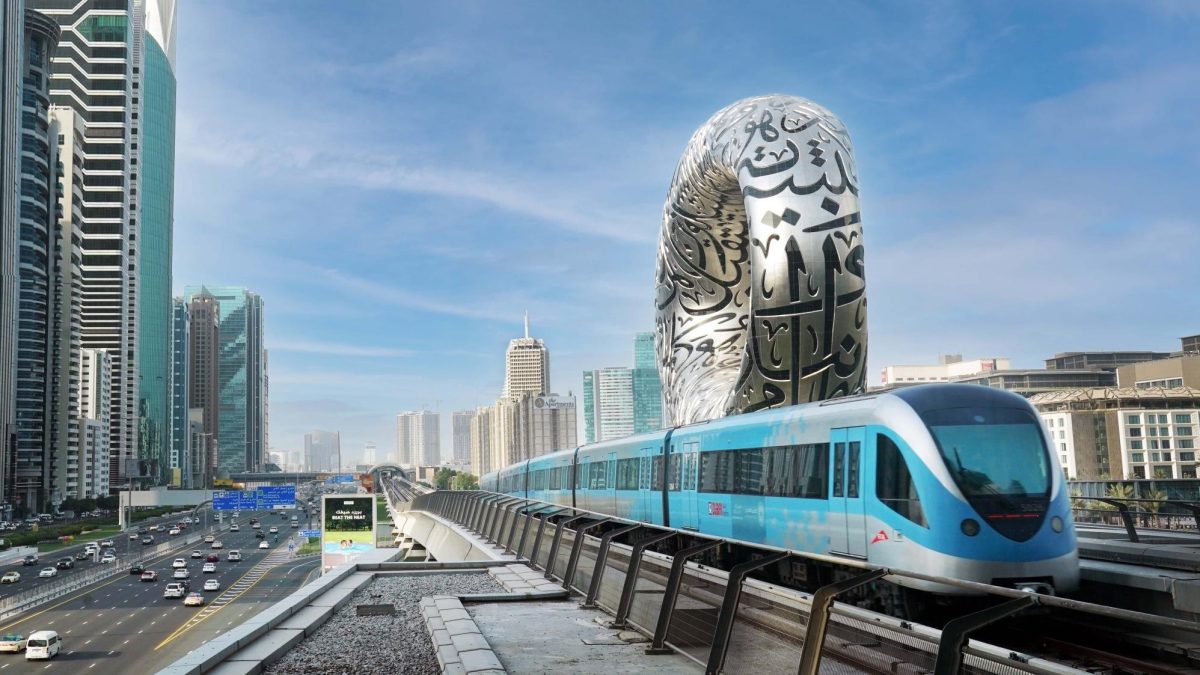Dubai’s head of states have approved the go ahead for the construction of Dubai’s Metro Project to be extended. The extension of the project will involve the Blue Line extension to the Dubai Metro Network. The scope of the project is estimated to cost $4.9 billion as stated by Dubai’s ruler, Sheikh Mohammed. The project will also cover a length of 30 kilometers, 15km will be underground while the other have will be constructed above ground. The project is expected to immensely impact Dubai’s transport sector for the better. This is because the project will have a capacity to transport 320,000 passengers in a day. The project will also serve a population of an estimate of about 1 million residents in various areas around Dubai. This includes areas such as Festival City and Silicon Oasis.
The update by the Sheikh was issued on the day that the Metro Project bidding deadline was set which is 24th November. The companies had been given the notice to submit their bids if interested in being part of the project. The scope of the project entails the designing and the extension building of the Metro project. Interested parties and contractors have been forming consortiums to bid for the project inclusion. The project consortiums are inclusive of international and local-based companies. This includes Siemens in Germany, local-based Wade Adams and South Korea’s Larsen and Toubro as one of the consortiums for the Metro project.
Read also: $7B Saudi Landbridge Takes Shape as Construction is Set to Commence
The Metro Project on the Blue Line will Connect the Existing Red and Green Lines
The Metro Project on the Blue Line will connect the existing Red and Green Lines as outlined in the project scope. The project will have a total length of 14.5 kilometers and 15.5 kilometers above ground. The line will also be inclusive of 14 stations of the 14 seven of them will be above ground. One of the terminals above ground will be an interchanged station, and two elevated transfer stations. These stations are connected to the existing CenterPoint and Creek stations. The scope of the project will include the supply of 28 driverless trains.

Leave a Reply